A couple of years ago when we lived in Virginia and Mississippi State was making its way through the College World Series, someone in our church asked what we thought about the Bulldogs as Tennessee fans. I’ve used that conversation to highlight the importance of change in SEC football scheduling: because we don’t, really. We don’t think about Mississippi State. We’ve played them twice in the last 15 years. Texas A&M will mark its 12th football season in the SEC this fall. If not for the 10-game league schedule due to covid in 2020, they would be making their first appearance in Neyland Stadium this October.
So sure, it’s gotta change, and it will. Soon, the Vols will see the Aggies and Bulldogs, as well as forgotten friends like Auburn and Arkansas every other year. Maybe it’ll be part of nine league games; maybe it’ll be with eight and the Vols getting to play Vanderbilt every year. Either way, we’ll soon get to enjoy things like Baton Rouge on a much more regular basis, and feel like we’re a rival in some form or fashion to everyone in the league. That’s how leagues are, you know, supposed to work.
In the short term, however, we might get an eight-game format that only works for one year.
If you’re only worrying about one season, you can do the eight-game model with the “primary” annual rivalries (including Vanderbilt for Tennessee in this model), then schedule the other seven games at your pleasure.
While I’m not sure this path will automatically lead to the best possible outcome for the SEC, or automatically speed along a path to nine games, in a vacuum? It’s fun to think about which seven opponents you’d like Tennessee to play.
You don’t want to fantasy draft it and get all the marquee matchups – the league should still strive for some form of competitive balance here. The Vols shouldn’t hope for Alabama, Auburn, Florida, Georgia, LSU, Texas, and Oklahoma (and Vanderbilt!).
But what’s the most fun/balanced version of that for Tennessee?
For whatever it’s worth, my picks for eight games in 2024 would be:
- Vanderbilt, the default assumption as Tennessee’s “primary” rival with Alabama and Auburn keeping their in-state ties
- Alabama, Tennessee’s actual primary rival now that we’ve shown it can be done again
- Florida, because I haven’t seen any schedule with any support to suggest this rivalry – which helped define Tennessee as a program at its peak – is sticking around on an annual basis
- Georgia, because I don’t think Tennessee should shy away from anyone if you can create balance in the schedule on the whole
- Kentucky, the program Tennessee has actually played most often, at least for now. It’s 118 games in this one to 116 in UT/Vandy, which will soon favor the Commodores if the Vols and Cats stop playing annually.
- South Carolina, because revenge in Columbia and all that good stuff
- Ole Miss, the most direct path to get one back on Lane Kiffin, etc.
- Texas, which purely gets the nod over Oklahoma due to recency. The stuff with Heupel and OU will be an interesting conversation whenever it happens, but the Vols played the Sooners in 2014 and 2015. Tennessee and Texas have not met since 1969. Remember the Alamo, etc.
If you’re just giving me one year, I’m not going with the aforementioned Mississippi States of the world. The Vols just saw LSU. And even Auburn – Tennessee’s number two rival when I was growing up in the pre-1992 world – I’d put off for another year. We’ll have all kinds of fun having both Tigers back in our lives on a regular basis. But if it’s just one year, it can wait.
Which seven teams (plus Vanderbilt) would you put on your wish list for 2024?
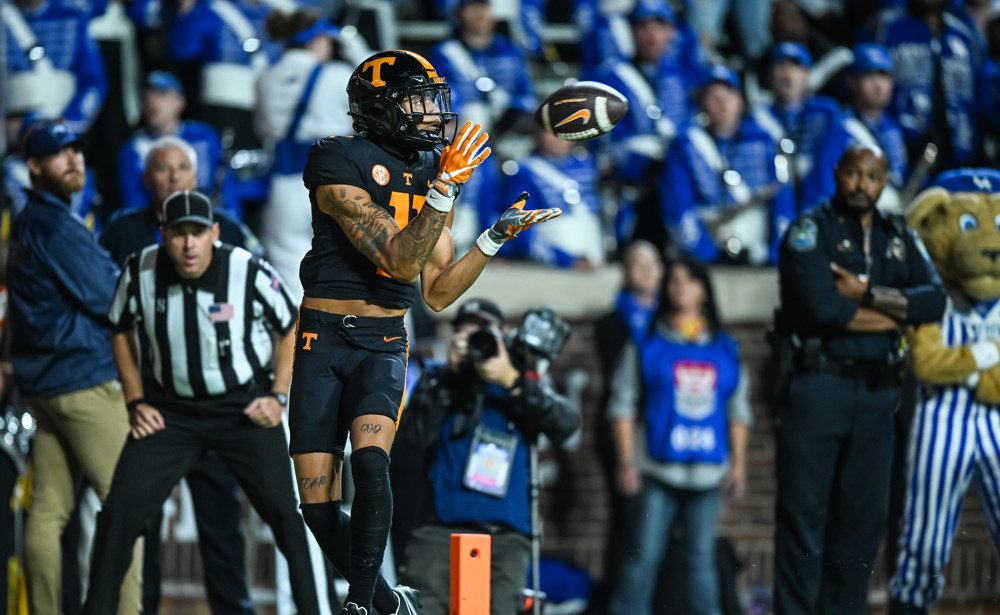
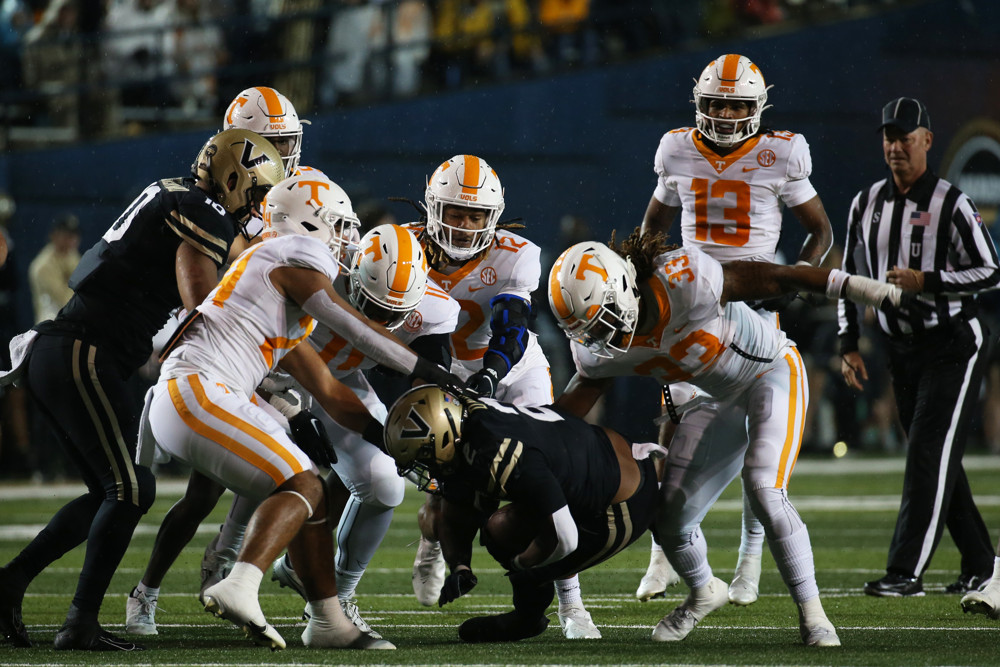
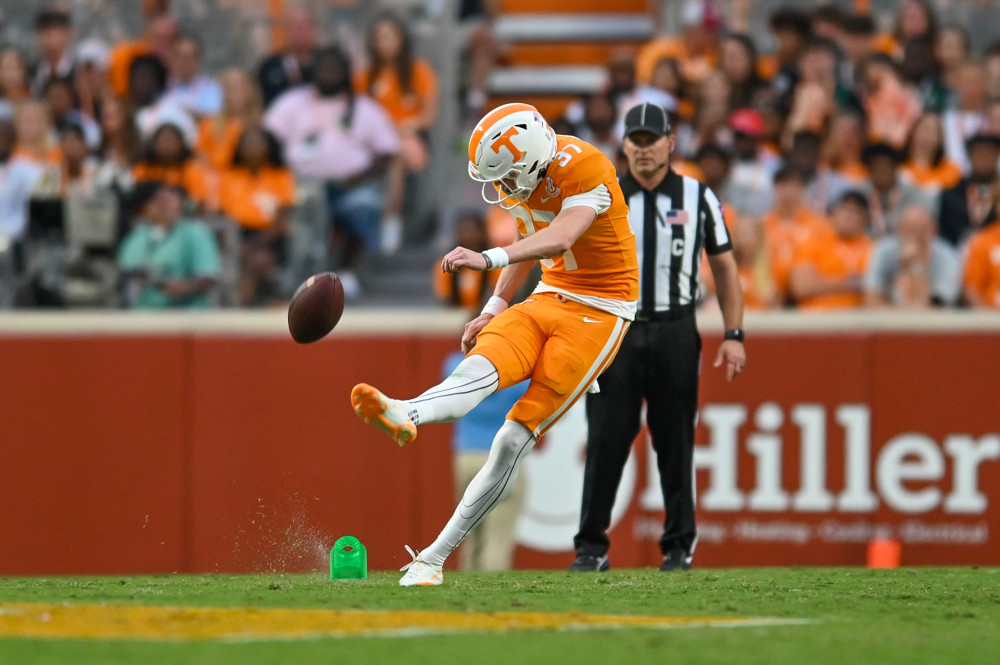
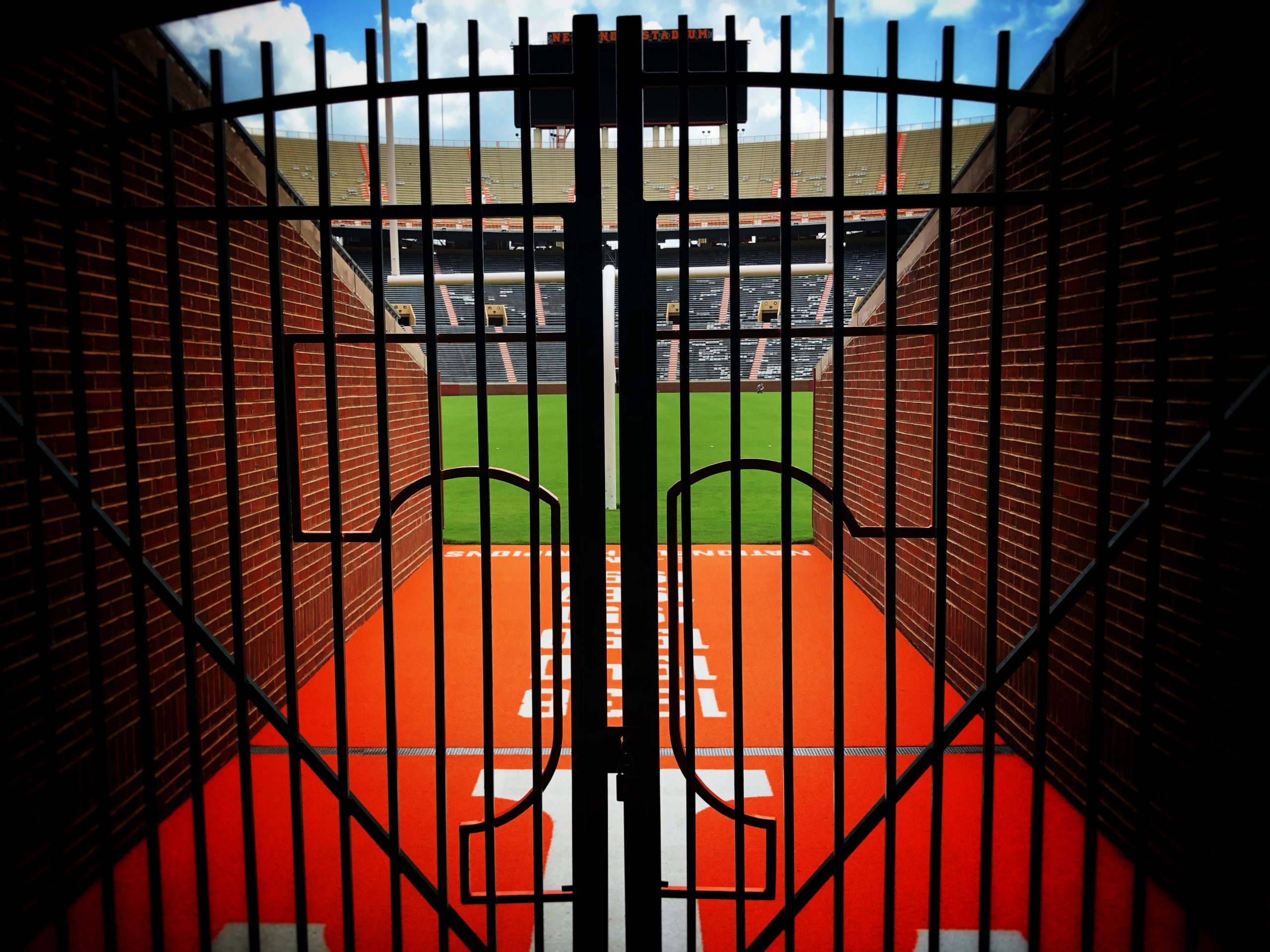
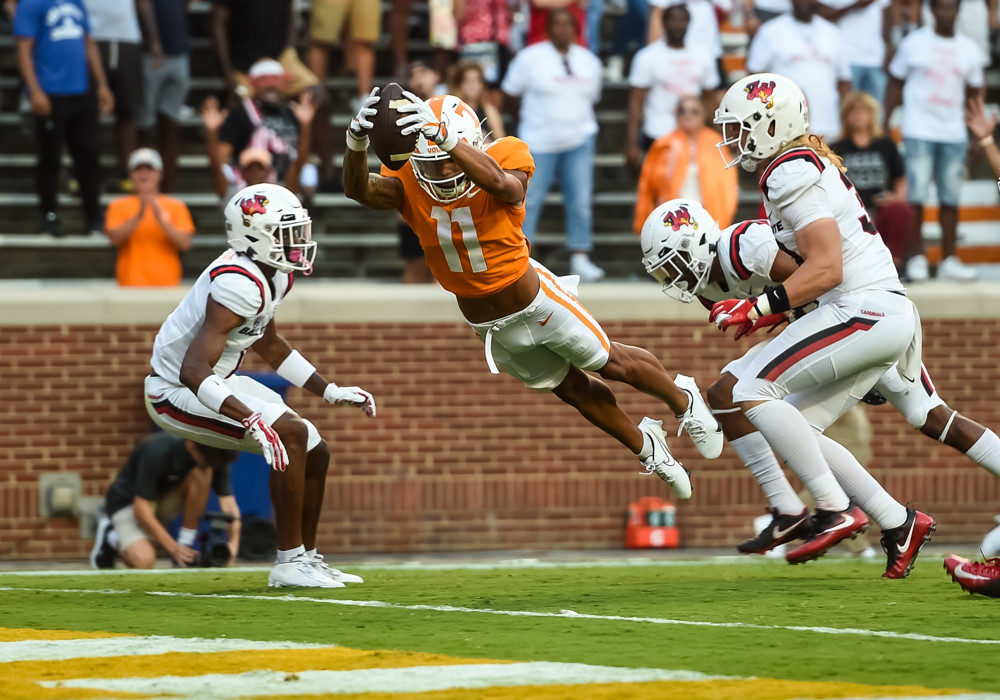
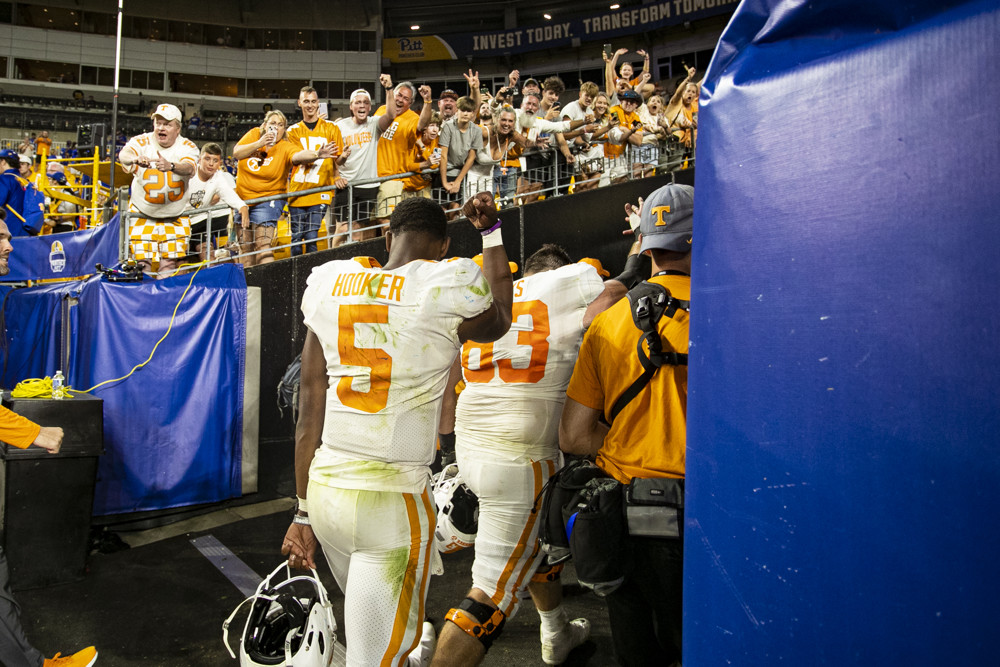
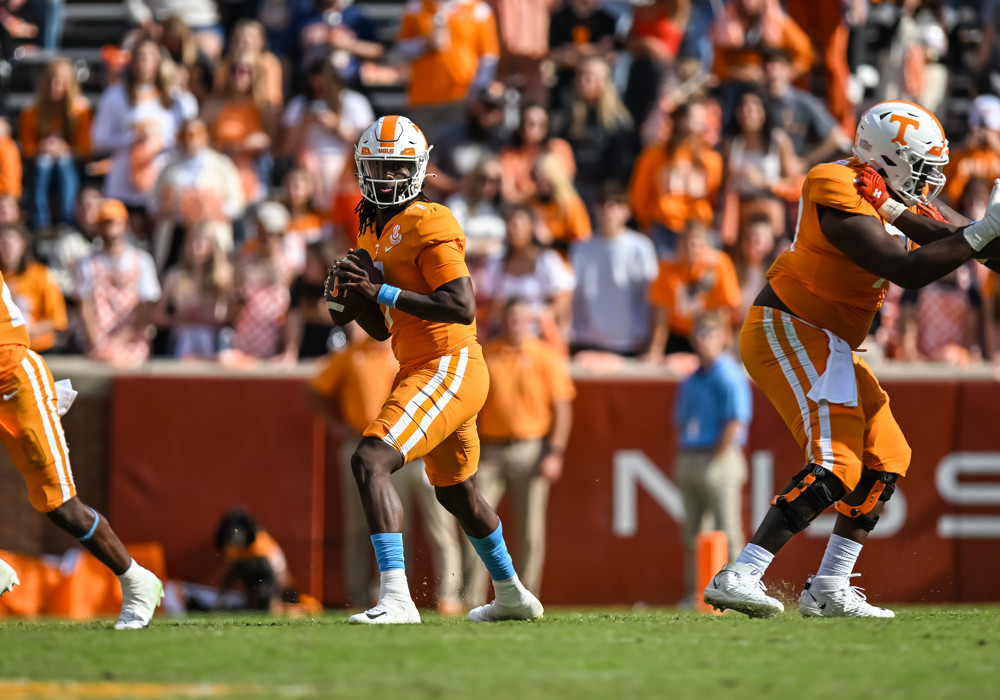
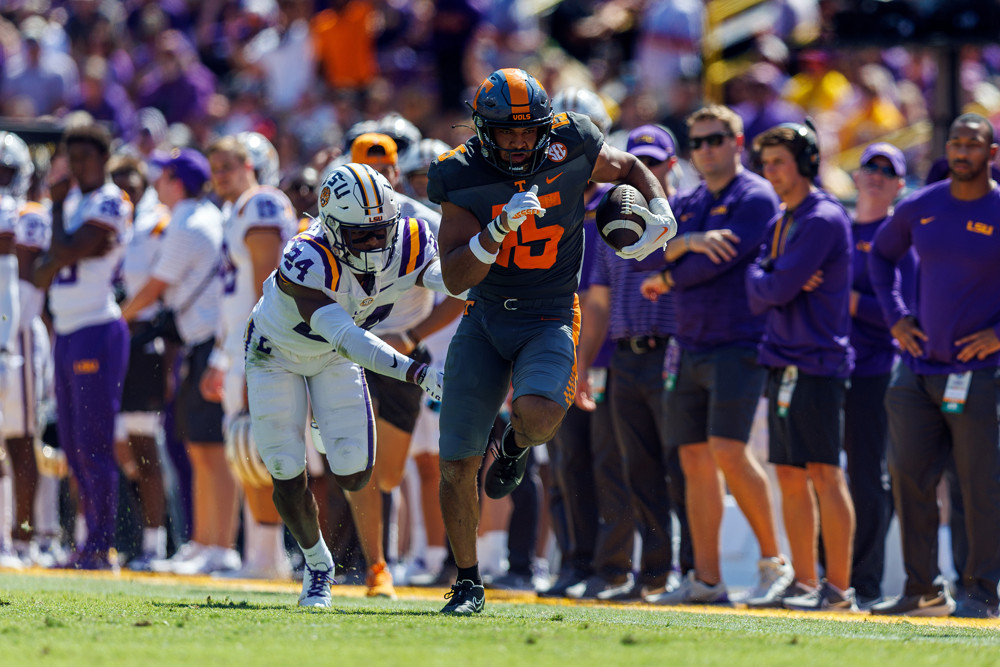
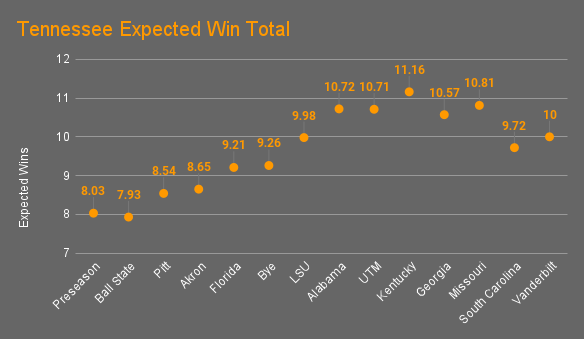
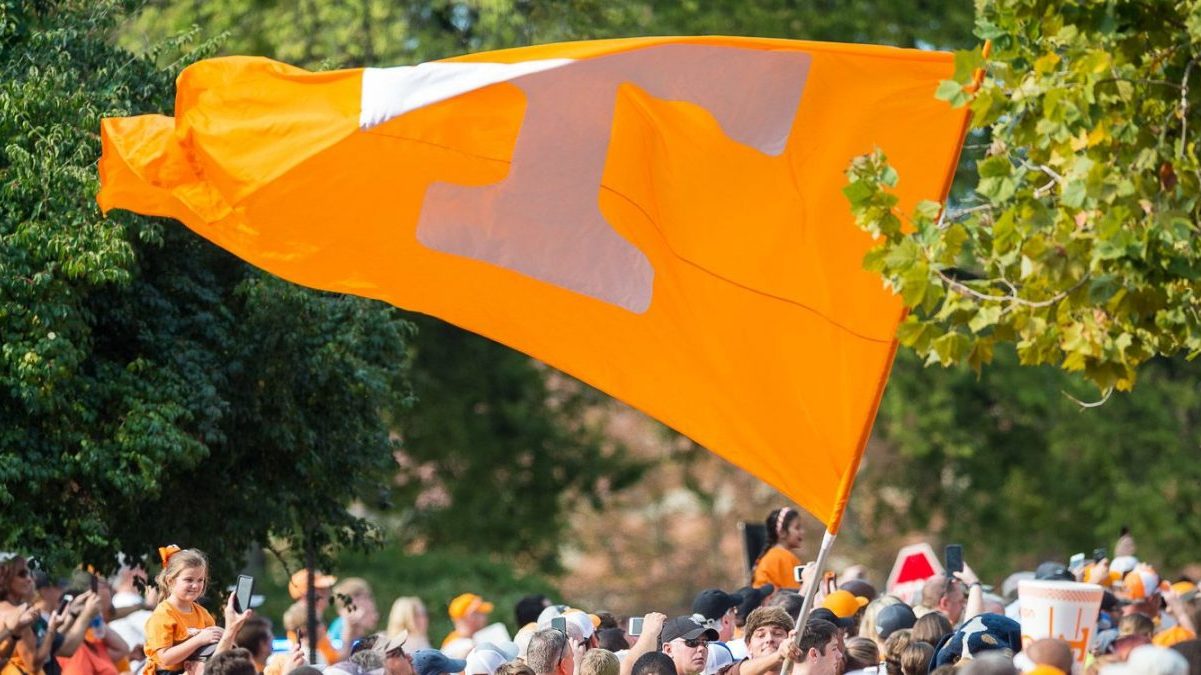
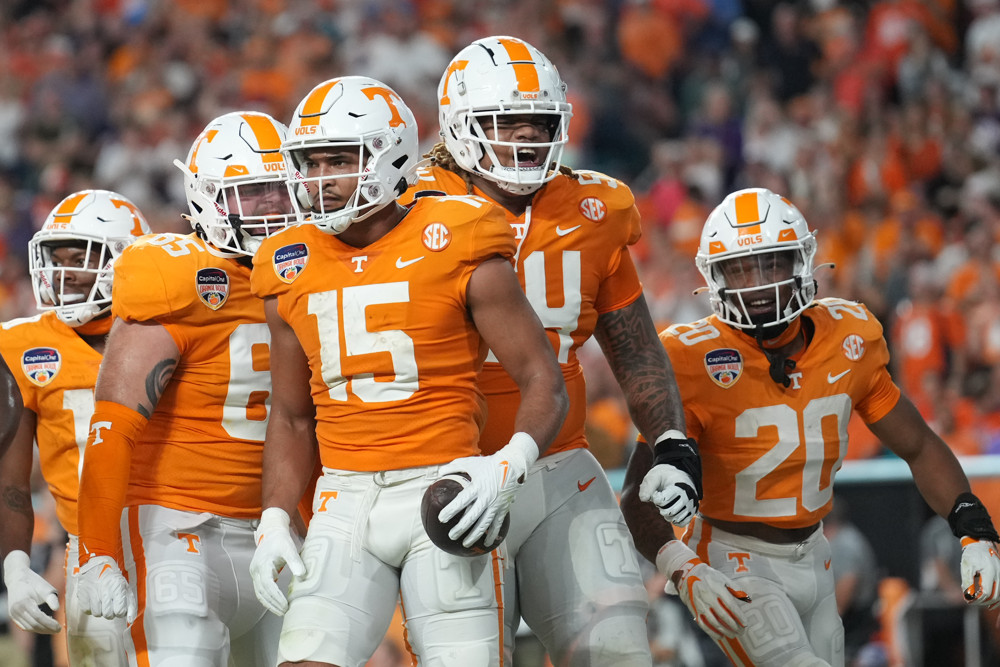
You must be logged in to post a comment.